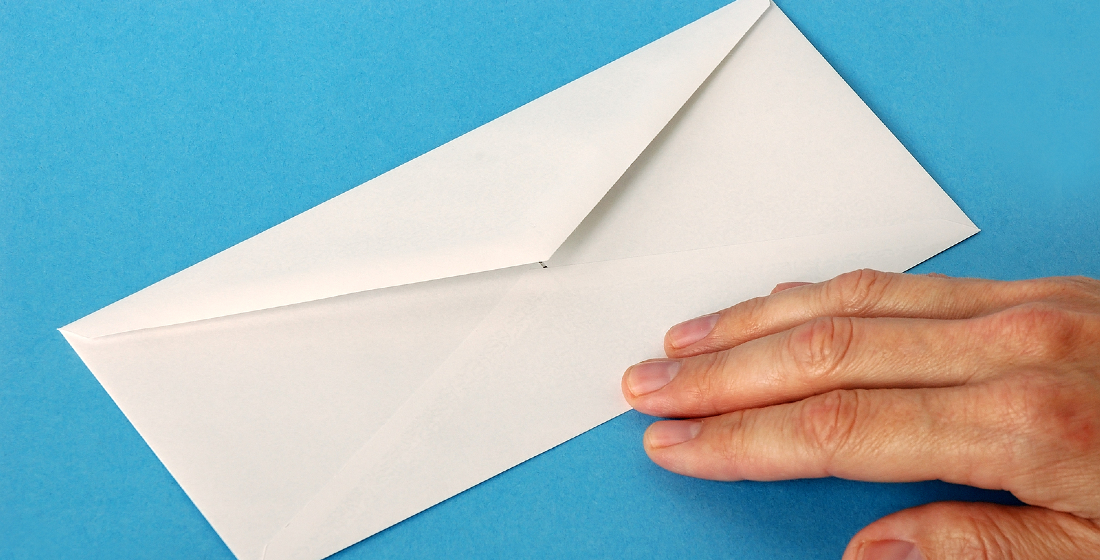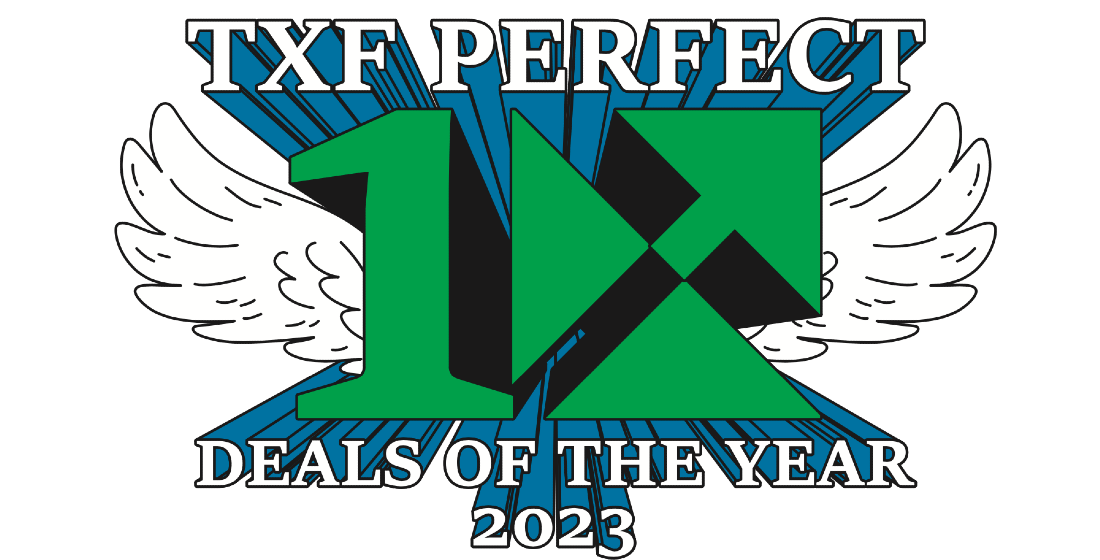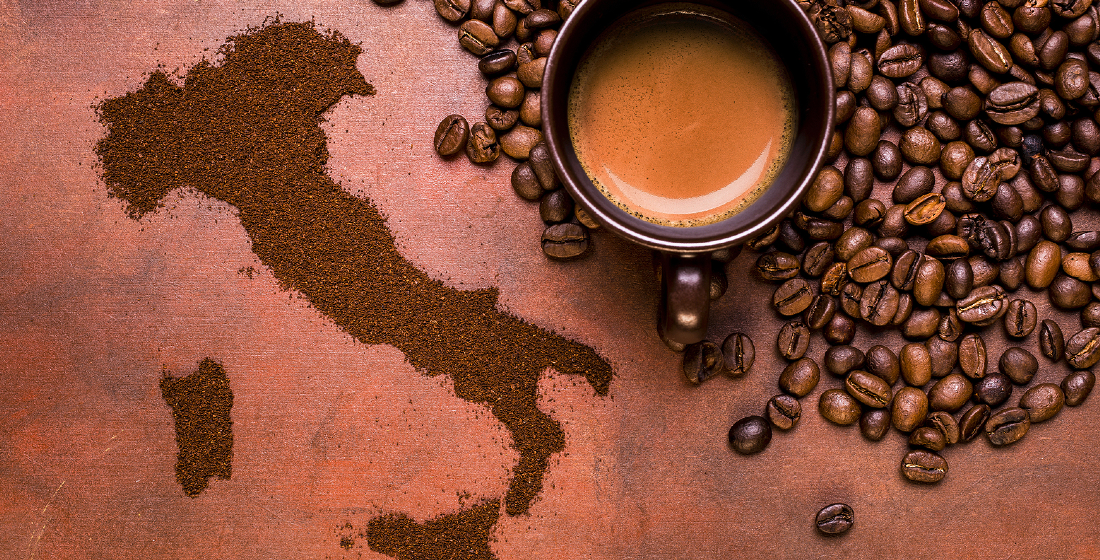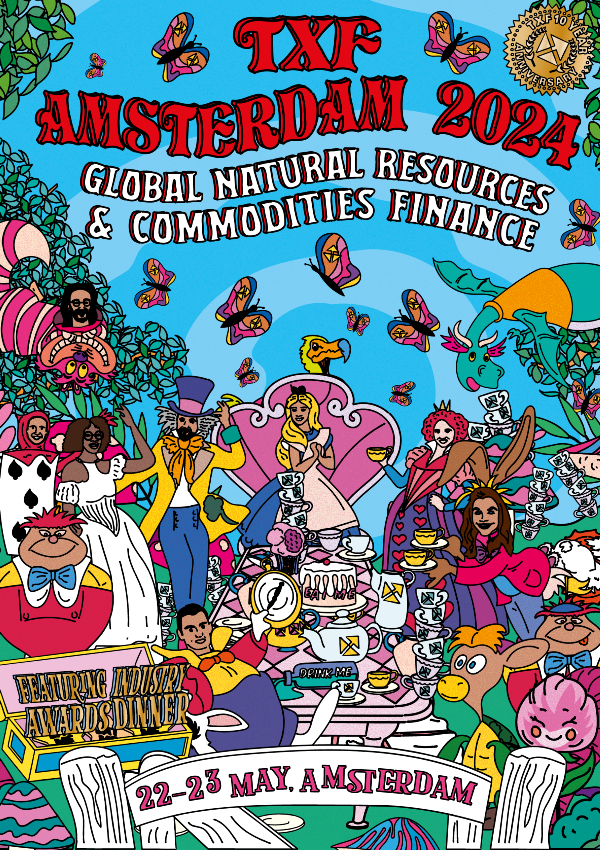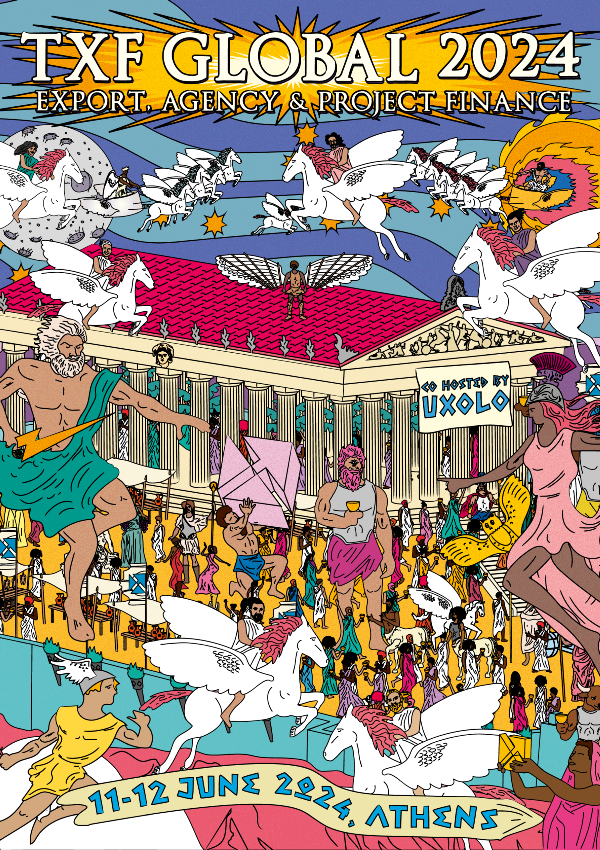The harsh reality of the weaponisation of trade
With the war in Ukraine about to enter its third month, there is no sign of Russian military aggression abating. At the same time, turning off the gas tap to Poland and Bulgaria reveals how trade is also at the forefront as a weapon.
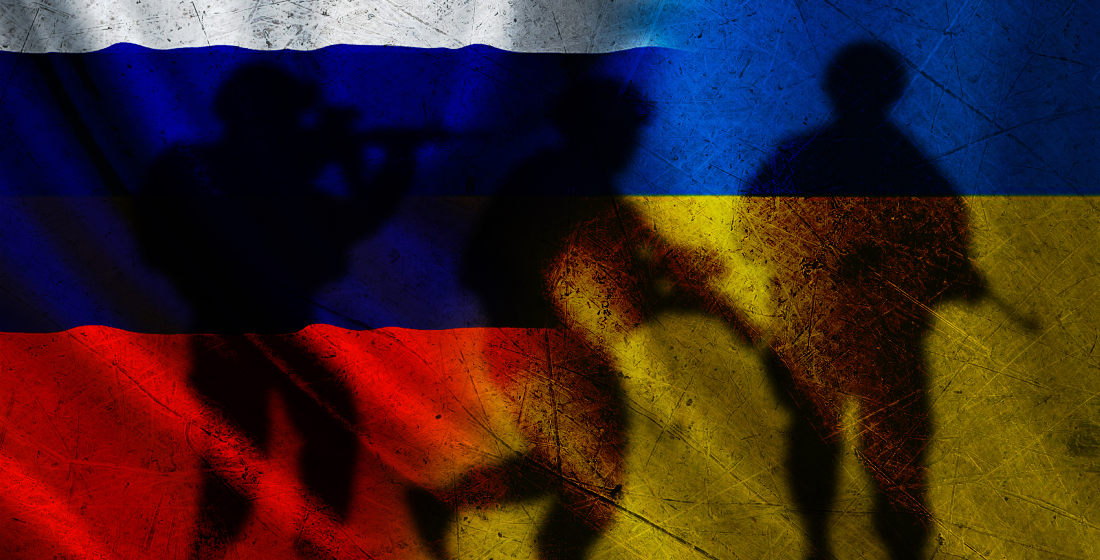
The weaponisation of trade as a concept is nothing new. What is new are the multitude of different ways that politicians, governments and companies can find to try to develop some degree of leverage over a direct or indirect trading partner. Tariffs, quotas and sanctions are some of the more commonplace tools used in armouries to try and control or influence trade flows, but this only scratches the surface of how the control of goods and commodity flows can be used as a weapon in a trade war.
Trade wars are also nothing new in recent years – and one only has to look at the recent term of US President Trump to see how frequently tariffs and sanctions were used as a weapon - in particular in trading with China, Iran and even the EU. The US-China trade wars became a major thrust of his presidency, and also one which has set up years of sparring for global economic and technological supremacy.
There are no real winners in trade wars, and the fallout can damage numerous third parties, not to mention overall regional or global growth. They also destroy or eat away into the foundations of globalisation and multilateralism, and this will damage many developing/emerging nations trying to become more economically independent and successful.
Going back to early 2014, the Russian invasion and annexation of Crimea eventually saw a raft of sanctions levelled at Russia from the US, the EU and other countries. Russia also followed with various counter sanctions – some related to individuals others related to trade flows. These are all well documented. But just to mention one small counter-sanction example, Russia banned imports of certain agri and dairy products from the EU. And on my visits to Moscow over the next couple of years I took in quite a bit of English Stilton cheese, among other products for my Russian friends.
Crimea is still occupied and controlled by Russia, and despite the sanctions enacted back in 2014, there has been a continuation – by many countries - of trade and investment in and with Russia where it is not impacted by sanctions. As such, the bulk of commodity flows and project development in Russia – and associated financing - has continued. Very unfortunately however, Crimea aside, since 2014 no significant discussions nor agreements between Russia and Ukraine over the disputed Donbas and Luhansk regions of eastern Ukraine have materialised.
The crazy paradox
Roll on to 24 February 2022 and Russia invaded Ukraine on numerous fronts, and also launched sea-borne rocket attacks from Russian naval vessels in the Black Sea and Sea on Azov. A raft of wide-ranging sanctions in several rounds has been levelled at the Russia state, institutions, companies and individuals by the US, the EU and other countries.
The crazy paradox of this whole situation is that Russian natural gas, oil and coal is still being exported to Europe, which combined provide Russia with revenues of approximately up to $1 billion per day – the bulk of this is for gas supplies. This funds the Russian war machine! And to make the whole thing even more bizarre, a certain volume of the gas piped to the EU is transited through pipelines across Ukraine – for which Ukraine earns income.
Obviously, this is a very difficult situation for the countries of the EU, which get 40% of their gas supplies from Russia and around 25% of their crude oil supplies from Russia. For the EU there is no easy or quick option to find alternative sources of energy raw materials, particularly gas – as I noted in my blog of 3 March Russia/Ukraine: economic fallout will be extreme!. For Putin, he knows this only too well, and he has used this trade as a tool of state strategy to ensure he has a real hold over the EU countries in particular. There is a clear interplay here between politics and economics/trade as a weapon for his powerplay. This is very much his perceived position of strength. Trade for him is very much a weapon of choice.
Turning off the tap!
The US has already banned deliveries of Russian crude oil and gas. The UK will phase out Russian oil by year end. Is it likely that Russia would cut off gas supplies to the EU? Not really, but anything is possible given the current madness. But in another escalation of events on the trade front, two days ago we saw Gazprom cut off gas supplies to Poland and Bulgaria. This was apparently due to those two countries refusing to pay for the gas supplies in Russian roubles – a stipulation that Gazprom had unilaterally introduced into the contracts.
Commenting on this, Susannah Streeter, senior investment and markets analys at Hargreaves Lansdown, said: ‘’Energy is being increasingly weaponised as the war in Ukraine looks set to enter the long haul and expectations grow that a crude oil embargo will end up being slapped on Russia by the EU. For now, the tit-for-tat retaliation centres around gas supplies, with Russia turning off the taps to Poland and Bulgaria after both nations’ refusal to pay in roubles. Sanctions isolating Russia from the global financial systems have prompted this strategy to drive a rouble rebound, after the currency went into freefall following the invasion, and it’s been working helped by the initial 20% interest rate hike and currency controls. High incoming tax receipts expected have helped push up the currency this week.”
She adds: “But if Russia’s customers continue to refuse to sign contracts in roubles, and accelerate efforts to find other sources of energy as they have pledged to do, these revenue streams risk turning into a trickle putting fresh pressure on the rouble. This latest move by Russia is also expected to pile pressure on Germany to relent in its opposition to a crude embargo. The expectation of another supply squeeze on global markets, if more consumers turn their back on Russian oil has pushed up Brent crude above $106 dollars a barrel. With the conflict becoming more entrenched, high hopes that the commodity chaos unleashed by the invasion would calm are being dashed.”
Speaking on Sky TV yesterday, the Bulgarian deputy prime minister, Assen Vassilev said that the existing contract with Gazprom stipulates that payment for Russian gas must be paid in US dollars, and without fail his country had always met those payments. The change to payments is a unilateral measure introduced by Gazprom. Bulgaria has described the move by Russia as blackmail. Bulgaria relies on Russia for 77% of its overall gas requirements.
Vassilev stated: “We will not pay in roubles. We will take Russia to arbitration for complete breach of contract.” He also said that Bulgaria will now have to source gas from both Greece and Turkey through existing pipelines. “We have activated alternative sources of supply, so there will be no impact on users – residential or industrial – in Bulgaria,” he declared. He also noted that Bulgaria was one of the first countries in the EU to come up with a contingency plan for gas supplies.
When asked if Russia’s actions were due to Bulgaria being a conduit country for weapons and humanitarian supplies from the West to Ukraine, he dismissed the idea, saying that other EU counties were also acting as conduits for humanitarian supplies to Ukraine and they had not been targeted. However, it is highly likely that in this instance of the weaponisation of trade, Russia to trying to make an example of what it terms as ‘unfriendly’ countries.
Two months into the war taking place in Ukraine following the Russian invasion of the country and we can see part of the dreadful cost of this action with the displacement of over six million people to other counties in Europe, countless Ukrainian civilian deaths and casualties and wholesale destruction of villages, towns, cities and associated infrastructure – all in Ukraine.
None of this is acknowledged by the Kremlin, which continues to tell the Russian population a string of lies while also banning all independent media outlets and referring to its invasion of Ukraine as a ‘special military operation’! So, listening to Russia’s President Putin addressing the Russian Council of Legislators in St Petersburg yesterday it came as little surprise when he came out with crass statements such as “the bravery of Russia to stand up to aggression”.
Just as the world was starting to come out of the two years of the hardships of the covid pandemic, Putin decided to invade neighbouring Ukraine, and also brought Belarus into the equation in order to invade closer to Kyiv. Russia has totally turned the world upside down with this action, and Putin and his Kremlin cronies appear to have no regard for the scale of the humanitarian disaster and the war crimes that have been committed so far. Military activity by Russian forces close to Ukrainian nuclear power stations is also a major concern – for the world! From all this madness anything could happen, and the conflict looks set to continue for some time. However this plays out though, we are already seeing this war as an economic disaster with far reaching consequences globally.
Earlier this week, the UN secretary general, Antonio Guterres went to Moscow for meetings with Russian foreign minister Sergey Lavrov, and later with Putin. Guterres told reporters that he had held “a very frank discussion” with Lavrov “and it is clear that there are two different positions on what is happening in Ukraine.” Russia has said it is conducting a “special military operation” in Ukraine, while for the UN, the 24 February invasion is a violation of the country’s territorial integrity and goes against the UN Charter. He pointed out that it was Russia which was on Ukrainian territory and not the other way round.
Guterres added: “But it is my deep conviction that the sooner we end this war, the better – for the people of Ukraine, for the people of the Russian Federation, and those far beyond.” Turning to the wider impacts of the war, the secretary-general spoke of some of the “shock waves” being felt across the globe, such as the “dramatic acceleration” in food and energy costs, which particularly are affecting millions of the world’s most vulnerable people.
“This comes on top of the shock of the continued Covid-19 pandemic and uneven access to resources for recovery, that particularly penalise developing countries around the world. So, the sooner peace is established, the better – for the sake of Ukraine, Russia, and for the world,” he said. “And it’s very important, even in this moment of difficulty, to keep alive the values of multilateralism,” he added.
Become a subscriber today to access the best export, trade and commodity finance analysis available. Email intelligence@txfmedia.com to find out more
Exclusive subscriber-only content published last week;
BNDES’ Montezano: A DFI on rebuilt foundations
Gustavo Montezano, President of BNDES, is putting ESG at the heart of the development bank's financing strategy. The policy has refocused the bank on its original core mission whilst also delivering record profits in 2021 - and he isn't done with change just yet...Read on here
Shop talk: Maxwer, an alternative to commodity bank funding
With financial institutions increasingly stepping back from trade finance, in particular supporting commodity SMEs, TXF spoke to Lilia Wernli, CEO and Partner at Maxwer Group, to outline how alternative commodity financing solutions are helping to plug trade’s $2.5 trillion funding gap....Read on here
Commodity prices and geopolitics
Kicking off the launch of the TXF Global Commodities 2022 events platform, TXF's Aife Howse speaks to Melinda Moore, CEO of Clean Mining, on the rise of commodities prices and heightened geopolitics....Read on here
The convergence of export & project finance: All roads lead to Lisbon
The who’s who of the export & project finance community have already booked their places to TXF Global/Proximo Europe 2022 in Lisbon from 7-9 June. Have you got your all access pass yet?...Read on here
Dunkerque LNG refinanced
Sponsors of the Dunkerque LNG terminal in France have refinanced the five-year debt on the project, which was due...Read on here
Akbank and Ziraat hit with uptick in refi pricing
Despite Turkeyʼs internal economic problems and contagion from the war in Ukraine, Turkish banks are still able to access funding from the international syndicated loan market — albeit with...Read on here
Fortescue Metal's $1.5bn US bond priced
More details have emerged on Fortescue Metals Group’s (FMG) $1.5 billion offering of...Read on here
OCI launches Iowa Fertilizer muni refinancing
Global fertiliser producer OCI has launched an...Read on here
Further details on Gokcen wind portfolio financing
Further information has come to light about the financing of the 96MW Gokcen onshore wind portfolio in Turkey...Read on here
Pluto LNG 2 syndication closed
Syndication of the project financing backing Global Infrastructure Partners’ (GIP) 49% share of ...Read on here
Euro Energo Trade signs L/C with post-import financing
On 18 March, Euro Energo Trade signed a €12.236 million letter of credit with post-import financing to back the procurement of...Read on here
SWPC issues shortlists for 3 IWTPs
The Saudi Water Partnership Company (SWPC) has announced the shortlists of pre-qualified bidders for...Read on here
Delaware Basin Residue closes on new working capital facility
Delaware Basin Residue (DBR) has signed on a $50 million five-year L/C from...Read on here
Iceland highway PPP launched
Iceland’s highway agency Vegagerdin has released a prior information notice (PIN) for the...Read on here

